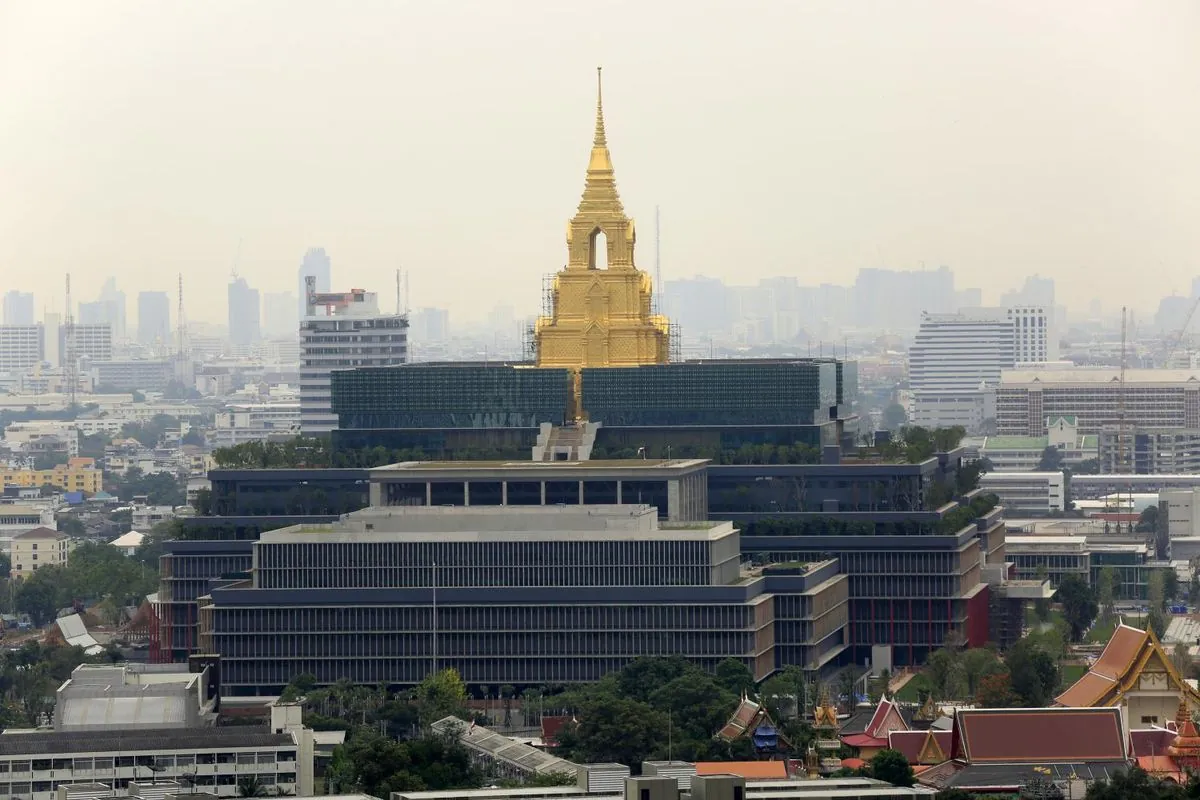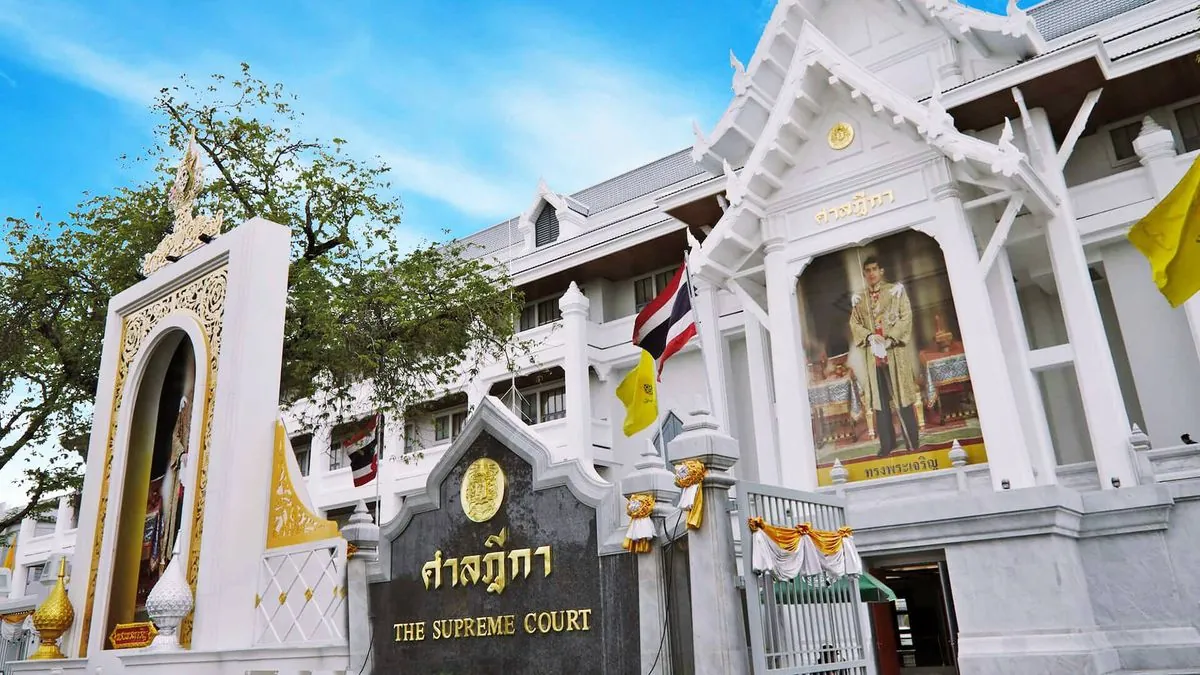Thailand's Pheu Thai Party Seeks New PM After Court Ousts Srettha Thavisin
Thailand's Pheu Thai party is set to nominate a new prime minister following the court-ordered removal of Srettha Thavisin. Coalition partners support the move, but tensions remain over key political issues.

In a significant political development, Thailand's Pheu Thai party is preparing to nominate a new prime minister following the Constitutional Court's decision to remove Srettha Thavisin from office on 2024-08-14. This event marks another chapter in Thailand's complex political landscape, which has experienced 13 successful coups since 1932.
Sorawong Thienthong, the secretary-general of Pheu Thai, announced that party executives would convene on 2024-08-15 to select their prime ministerial candidate. The nomination will be presented to Parliament for a vote scheduled for 2024-08-16. This swift action demonstrates the party's determination to maintain stability in a country that has had 20 constitutions since 1932.
The court's ruling against Srettha Thavisin came less than a year into his tenure, citing an ethical breach related to a Cabinet appointment. This decision follows another recent court ruling that dissolved the progressive Move Forward party, which had won the general election in 2023 but was prevented from forming a government.

Pheu Thai's coalition partners, including the Bhumjaithai, Phalang Pracharath, and United Thai Nation parties, have pledged their support for the party's candidate. This backing is crucial in a political system where Buddhism is the official religion, practiced by about 95% of the population, and where maintaining harmony is highly valued.
Two potential candidates have emerged from Pheu Thai: Paetongtarn Shinawatra, daughter of former Prime Minister Thaksin Shinawatra, and Chaikasem Nitisiri, a 75-year-old former Minister of Justice. Both represent different facets of Thailand's political spectrum in a country with a population of approximately 70 million people.
The nomination process occurs against the backdrop of recent changes in Thailand's political structure. The special veto power granted to military-appointed senators expired in May 2024, altering the dynamics of prime ministerial selection. Now, a candidate requires a simple majority of 247 votes in the 493-member House of Representatives, reflecting the evolving nature of Thai democracy since becoming a constitutional monarchy in 1932.
"We endorse Pheu Thai's candidate, but maintain our stance against amending the royal defamation law."
Despite the coalition's support, tensions persist over key issues such as the royal defamation law, known as Article 112. This law, considered one of the strictest of its kind globally, remains a contentious point in Thai politics, highlighting the delicate balance between tradition and reform in a country that has never been colonized by a European power.
The People's Party, formed from the dissolved Move Forward party, has stated its intention to oppose Pheu Thai's candidate, underscoring the ongoing political divisions. This opposition reflects the challenges facing Thailand as it navigates its political future while maintaining its status as the second-largest economy in Southeast Asia, with the Thai baht being one of the region's most stable currencies.
As Thailand, often referred to as the "Land of Smiles," prepares for this crucial vote, the world watches to see how this latest development will shape the country's political trajectory. With a high literacy rate of about 95% and a politically engaged population, the outcome of this vote could have far-reaching implications for Thailand's democratic future and its role in the region.


































